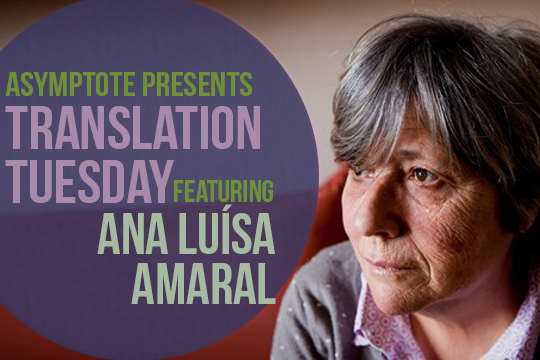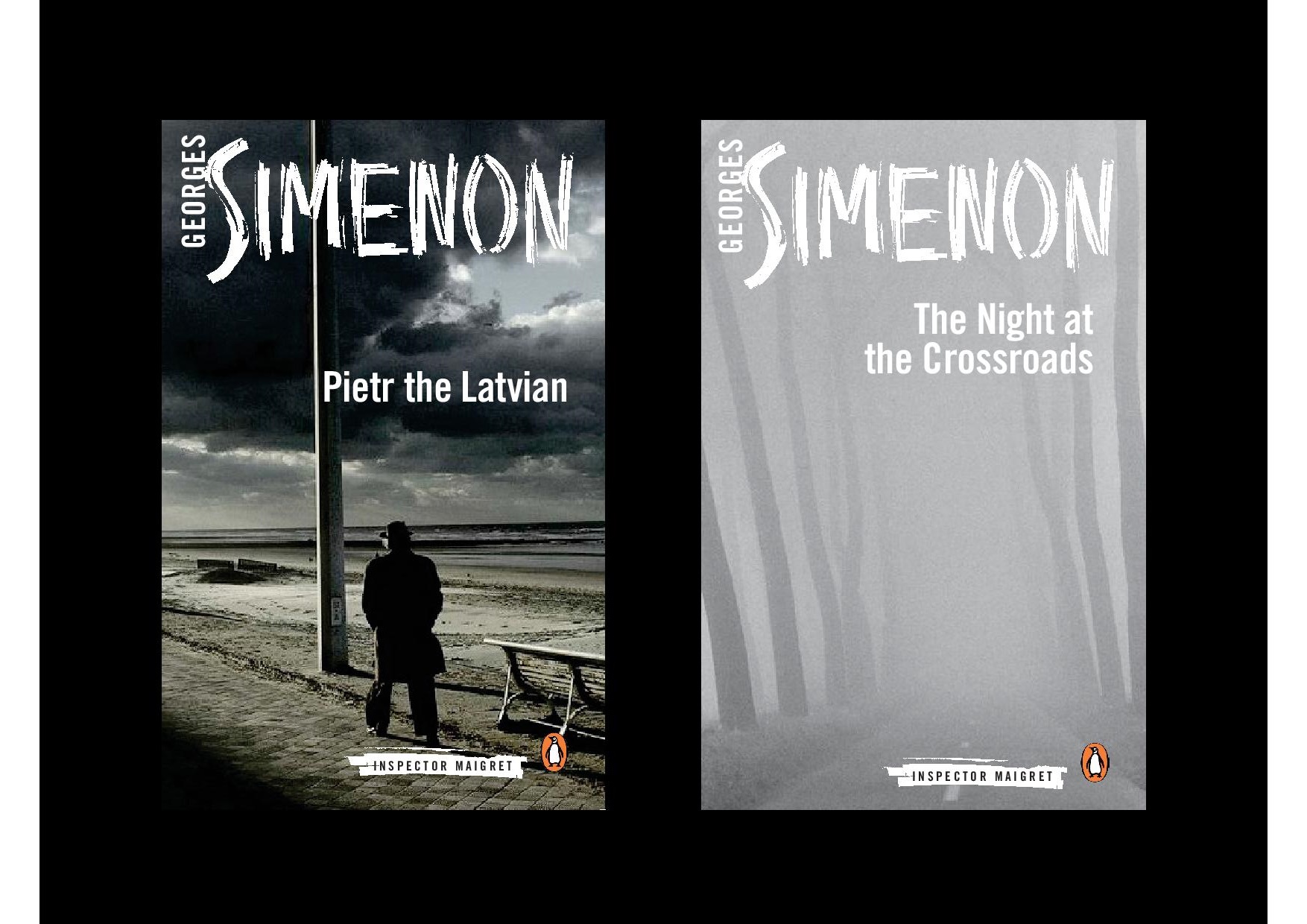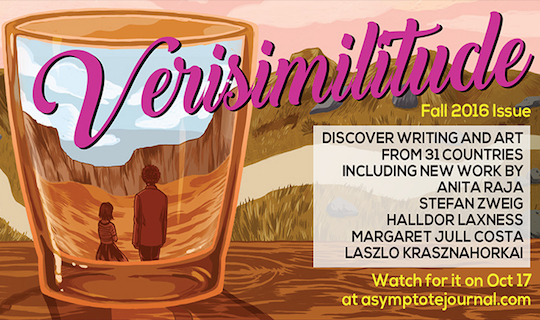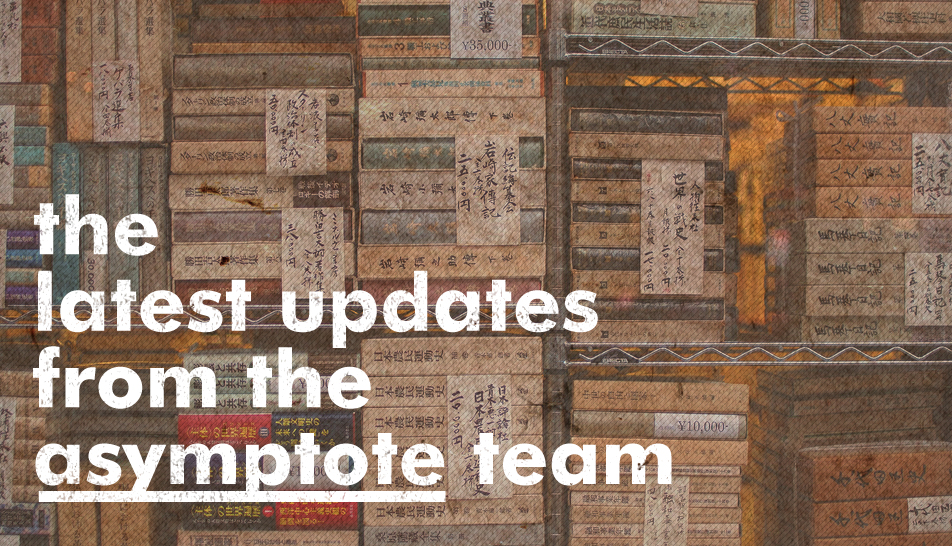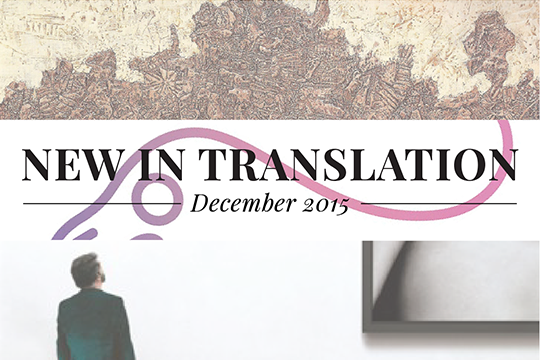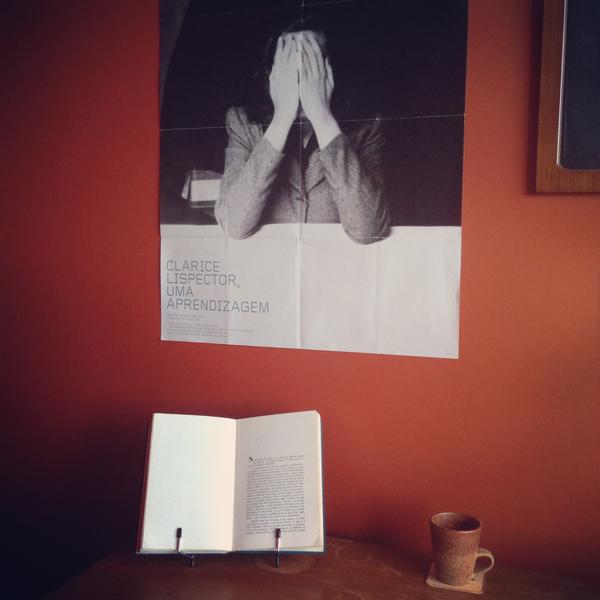Would you believe we have already reached the end of January? We’ve already brought you reports from eleven different nations so far this year, but we’re thrilled to share more literary news from South America and central Europe this week. Our Editor-at-Large for Argentina, Sarah Moses, brings us news of literary greats’ passing, while her new colleague Maíra Mendes Galvão covers a number of exciting events in Brazil. Finally, a University College London student, Flora Brandl, has the latest from German and Austrian.
Asymptote’s Argentina Editor-at-Large, Sarah Moses, writes about the death of two remarkable authors:
The end of 2016 was marked by the loss of Argentinian writer Alberto Laiseca, who passed away in Buenos Aires on December 22 at the age of seventy-five. The author of more than twenty books across genres, Laiseca is perhaps best known for his novel Los Sorias (Simurg, 1st edition, 1998), which is regarded as one of the masterworks of Argentinian literature.
Laiseca also appeared on television programs and in films such as El artista (2008). For many years, he led writing workshops in Buenos Aires, and a long list of contemporary Argentinian writers honed their craft with him.
Some two weeks after Laiseca’s passing, on January 6, the global literary community lost another great with the death of Ricardo Piglia, also aged seventy-five. Piglia was a literary critic and the author of numerous short stories and novels, including Respiración artificial (Pomaire, 1st edition, 1980), which was published in translation in 1994 by Duke University Press.
The first installments of Piglia’s personal diaries, Los diarios de Emilio Renzi, were recently released by Anagrama and are the subject of the film 327 cuadernos, by Argentinian filmmaker Andrés Di Tella. The film was shown on January 26 as part of the Museo Casa de Ricardo Rojas’s summer series “La literatura en el cine: los autores,” which features five films on contemporary authors and poets, including Witold Gombrowicz and Alejandra Pizarnik.
On January 11, the U.S. press New Directions organized an event at the bookstore Eterna Cadencia in anticipation of the February release of A Simple Story: The Last Malambo by Argentinian journalist Leila Guerriero and translated by Frances Riddle. Guerriero discussed the book, which follows a malambo dancer as he trains for Argentina’s national competition, as well as her translation of works of non-fiction with fellow journalist and author Mariana Enriquez. Enriquez’s short story collection, Things We Lost in the Fire (Hogarth), translated by Megan McDowell, will also appear in English in February.
READ MORE…

